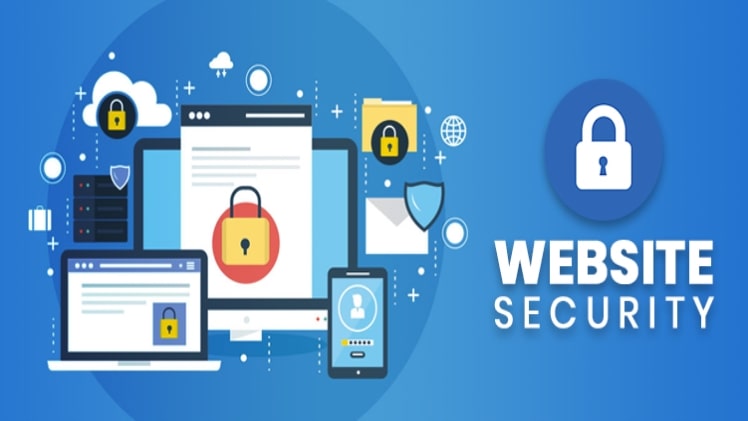There are many important things to consider when starting a website, so it can be hard to keep track of your to-do list. One thing you shouldn’t let fall to the bottom is website security. But website security is such a broad topic; where do you even begin? Let us tell you! Read on the find out how to get started with website security.
1. Purchase SSL certificate
SSL security is more vital than ever. That’s why getting an SSL certificate should be one of the first things you do to secure your site. In case you didn’t know, an SSL certificate is a type of digital certificate you can install on your site to create encrypted connections between your server and your users’ browsers. Encryption means that nobody can read the data sent through this connection except those permitted at each end. Furthermore, major web browsers have started flagging sites without SSL as insecure, so you definitely don’t want to leave it too long to get one unless you’re okay with losing potential visitors.
2. Use a secure web host and CMS
Before you decide on what web host to use, be sure to research the security features they offer and compare and contrast them to the offerings of other web hosts. Some things to check include how often they update their OS, the type of firewall they use, and other protections they have in place for customers.
Similarly, research the security features of different CMS before you choose one. Systems like WordPress, Joomla, and Drupal have numerous free and paid plug-ins that you can use to enhance your site’s security, from spam filters to anti-viruses. Just make sure you remember to keep them updated as out-of-date plugins are a popular means of accessing and hacking websites.
3. Implement good password hygiene and 2FA
You’ve probably heard it all before, but it bears repeating, especially if you want to keep your site safe. Use the most robust password possible for your site, and don’t recycle one you use elsewhere. What does a strong password look like? Typically it’s at least 15 characters and has a good mix of upper and lowercase letters, numbers, and symbols. The best way to create one is with a password generator. Keep your account extra secure by implementing 2FA.
4. Back up your website data
Site backups are an important way to safeguard your website data if it ever does become compromised. A good webhost will perform server backups every few days, but you should also be able to find a plugin that does it too, for extra peace of mind.
5. Regularly scan your site for vulnerabilities
Maintain your site security by scanning it regularly. There are a myriad free site scanners online that will check your site and server for things like malware, viruses, coding errors, and more—an easy way to bring extra peace of mind to your security arsenal.
Conclusion
Good web security is vital for keeping your site safe for your and its users. Getting started may seem intimidating, but it’s far simpler than one might expect. By following these 5 points to get started, your site will be secure from the very start.

